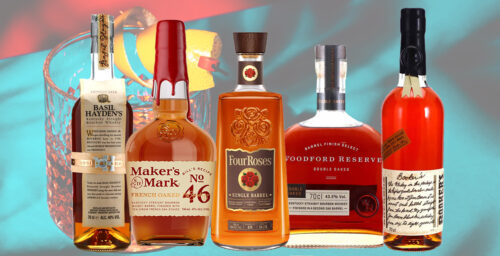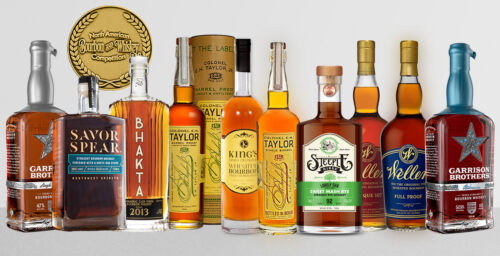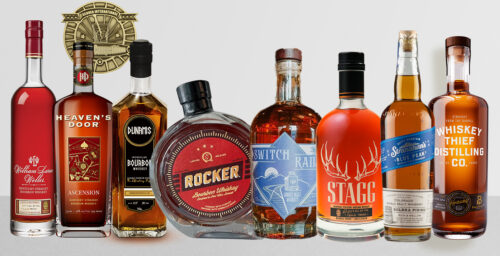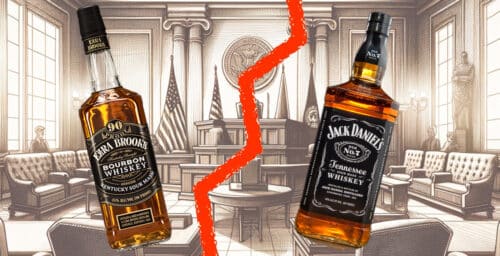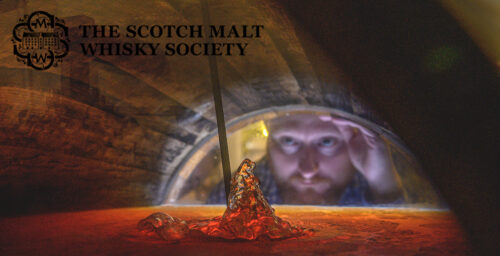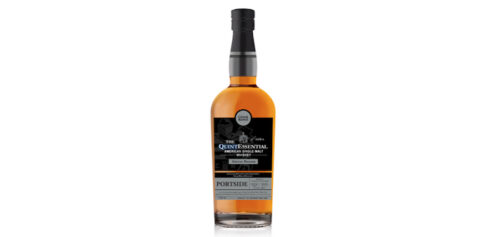For those of you (well ok, us, I have to include myself) that enjoy whiskey, sooner or later we will contemplate the merits of “the age statement.” Scotch whisky age statements on a bottle of whisky is generally optional, but the meaning of any age statement is unequivocal: it defines the lower age limit of the youngest matured spirit component in the bottle.
So, to be absolutely clear, if a single malt/grain or a blend contains, say, 99.9% 12-year old spirit and 0.1% 10-year old spirit, it can only have a 10-year age statement. That might seem harsh, after all it is likely to be very difficult to prove instrumentally or by sensory evaluation whether the whisky is all 12-year old, but the line must be drawn somewhere.
The liquids can, though, be older than the stipulated age statement, which emphasizes the fact that the age statement is a lower boundary of spirit venerability. Now whilst this gives the distiller/blender/bottler flexibility, in practice, older spirits have become increasingly in short supply.
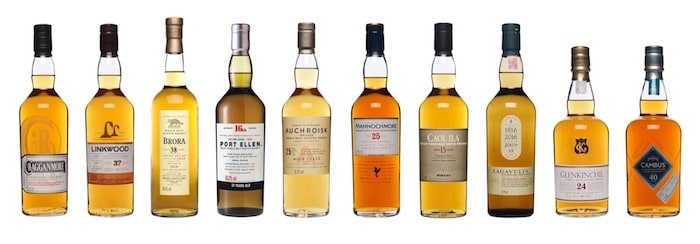
So for Scotch whisky, an age statement, especially on a high volume blend, can be a burden, consuming large volumes of aged stock, when some of that same stock might be used, say, for a more premiumized blend or single malt. So we have a conundrum, at least in Scotland: maintaining the consistency of blends vs. keeping specific spirits available for often higher retail value single malts.
One solution is to have no age statements (NAS). It is not possible to accurately determine the age of a whisky by instrumental or sensory analysis, not least because of the different histories of the various casks used during maturation of a given batch. This is not to say that age is unimportant; it is just difficult to verify analytically.
The option of omitting an age statement has been proposed and extolled in various quarters and is becoming increasingly popular. It does occur to me, though, that if the motivation for dropping the age statement is because aged stocks are being depleted more rapidly than they are replaced, then it seems logical that the overall age of a blend will steadily decline over successive bottlings. So there is a risk that the sensory attributes of a whisky with NAS will change.
To me the question comes down to the consideration of two points: the ability of a distiller to consistently produce good, if not excellent whiskey; and the sensitivity of the consumer to the presence or absence of the age statement on the bottle. If it becomes clear that consumers react negatively to NAS, presumably that will lead to some distillers using the age statement to make a quality claim. Time will tell.
As the age statement was initially put in place to convey quality (and help to reduce the burgeoning whisky lake in the late 1970’s), whisky distillers today are increasingly looking at other options to convey the quality and price-point message.
Cask finishes have become popular as brand extensions and attract enthusiasts to extend the range of bottles in their collection. Additionally efforts to use marketing to educate the consumer about whiskey flavors all play their part. In the final analysis though, consumers will vote with their wallets and their palates. Given that most Scotch whisky is consumed outside of the U.K., it’s by no means clear to me how the international Scotch community might react.

